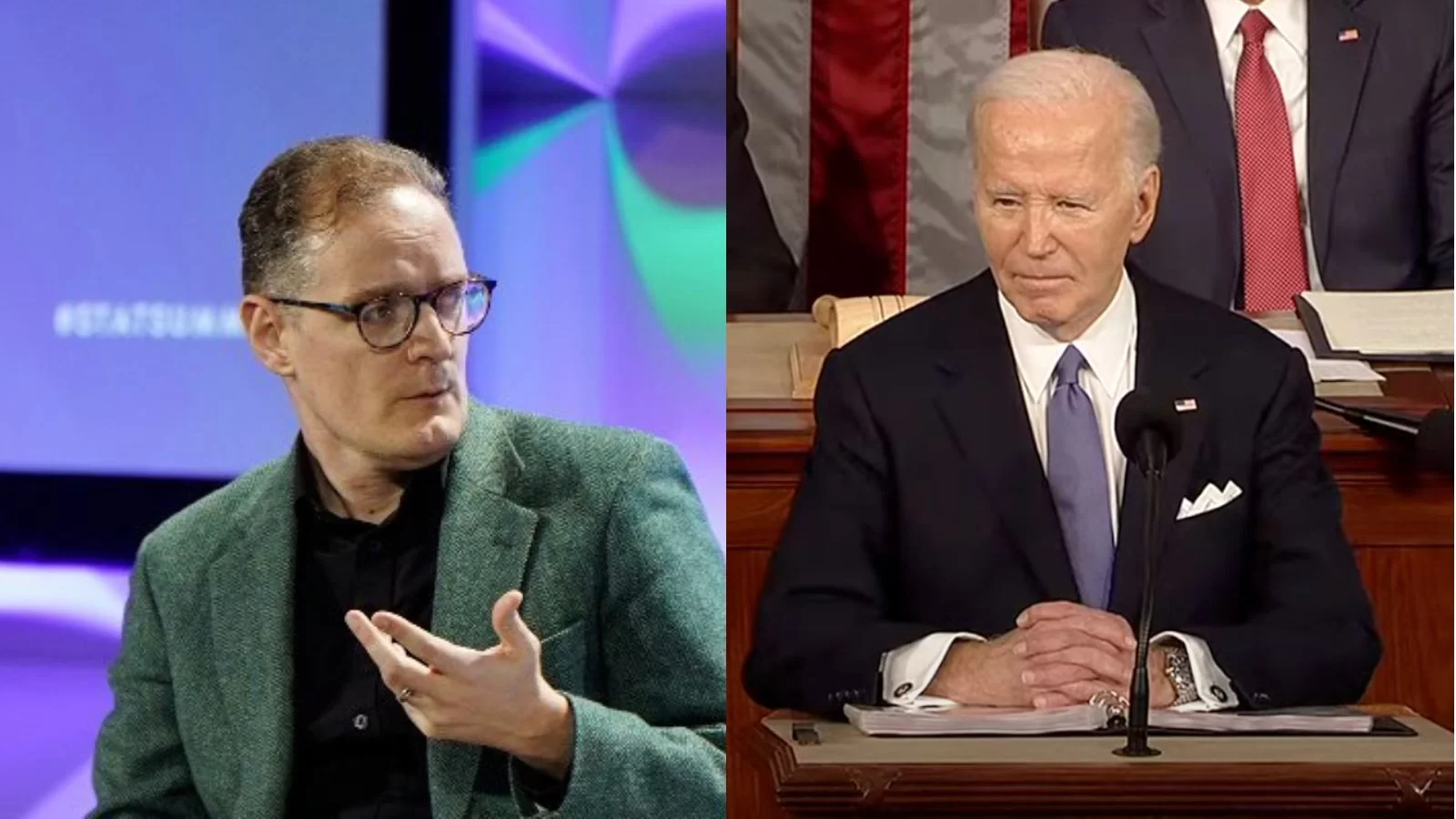
STAT News reporter Matthew Harper said “if we’re OK with having “fewer drugs” as a result of making drugs “less profitable” than we can pay less through Biden’s proposed expansion of Medicare drug price negotiation.
“If making drugs is less profitable there will probably be fewer drugs,” Herper posted on X. “If we’re okay with that, we can pay less.”
“Every player in this debate would argue for some level of price negotiation,” Herper said. “And there were other ways of setting this up that would be more like negotiation, and less like price setting."
The Inflation Reduction Act (IRA), signed into law by President Joe Biden in 2022, contained a provision that allows the federal government to negotiate the prices of 20 drugs covered under Medicare. In his State of the Union address last night, the president proposed expanding that provision.
“It’s time to go further and give Medicare the power to negotiate lower prices for 500 drugs over the next decade,” said Biden.
Some health analysis, such as Pacific Research Institute (PRI) President Sally Pipes, said the president's proposal could impact the development of new drugs and cures for diseases, such as cancer.
“Biden claims he wants to control the prices of even more drugs, slashing our ability to fund #RnD for future cures,” Pipes posted on X. “500 additional drugs over the next decade!”
“That would be detrimental to seniors who could miss out on treatments for cancer, Alzheimer's disease, and more!" she said.
The Inflation Reduction Act (IRA), signed into law by President Joe Biden in 2022, contained a provision that allows the federal government to negotiate the prices of 20 drugs covered under Medicare. In his State of the Union address last night, the president proposed expanding that provision.
“It’s time to go further and give Medicare the power to negotiate lower prices for 500 drugs over the next decade,” said Biden.
The IRA's drug-pricing provisions, "or more accurately, price controls — will most certainly impact our ability to fight many types of cancers,” Pipes told South SFV Today last month, saying these provisions "discourage investment in the development of new treatments.”
She said "small-molecule penalty" contained in the IRA "will have an outsized impact on our efforts to develop treatments for cancer."
Under the IRA, the brand-name drugs for which Medicare "negotiates" prices are split into two categories: small-molecule drugs and biologics. The IRA makes small-molecule drugs eligible for "negotiation" nine years after their approval, compared to a 13-year exemption period for biologics.
“This disparity encourages investors and researchers to turn away from developing small-molecule drugs in favor of biologics, given the lengthier period they will have to recoup their investments,” Pipes told South SFV Today..
“While both small-molecule drugs and biologics are essential for cancer treatment, small-molecule drugs are the only way to target some forms of breast, lung, colon, and other cancers,” she said.
Pipes also said that this will discourage companies from investing in research into additional indications for an approved drug.
“Why spend money seeing if a drug that works for one form of cancer can work for another form, with the threat of price controls looming?” said Pipes.
Herper proposing a slower approach than the president said that, "you could be for seeing how this works before expanding" drug price negotiations to cover 500 drugs over the next decade.


